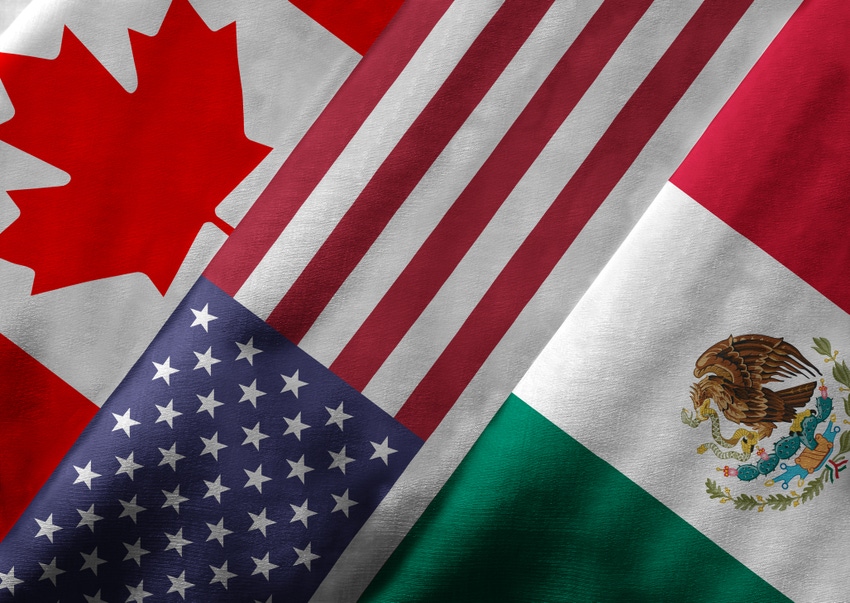November 30, 2018

U.S. President Donald Trump, Canadian Prime Minister Justin Trudeau and outgoing Mexican President Enrique Pena Nieto signed an authorization for the United States-Mexico-Canada-Agreement on Friday morning in Buenos Aires on the sidelines of the Group of 20 summit, with their ministers signing it shortly after.
The vast majority of the pact still needs to be ratified by lawmakers in the three countries.
Here’s some of the reaction we’ve received:
“I congratulate President Trump on signing the USMCA, and I thank him for strengthening the trading relationships with Canada and Mexico that our American farmers and ranchers have long depended on” said U.S. Sen. Pat Roberts, R-Kan., Chairman of the Senate Committee on Agriculture, Nutrition, and Forestry. “Today marks an important step towards congressional consideration, and I look forward to doing just that in the new year.”
"The ceremony Friday to sign the U.S.-Mexico-Canada Agreement (USMCA) is an important next step in the new pact's final approval and the process of modernizing the most important trade agreement to U.S. grain farmers and exporters,” said U.S. Grains Council President and CEO Tom Sleight. "In the latest marketing year, Mexico and Canada again proved to be top buyers of U.S. feed grains in all forms, and both countries still hold significant potential for market expansion given the right trade policy frameworks and the robust market development we intend to undertake there with our partners.”
“The new USMCA makes important specific changes that are beneficial to our agricultural producers,” said Agriculture Secretary Sonny Perdue. “We have secured greater access to the Mexican and Canadian markets and lowered barriers for many of our products. The deal eliminates Canada’s unfair Class 6 and Class 7 milk pricing schemes, opens additional access to U.S. dairy into Canada, and imposes new disciplines on Canada’s supply management system. The agreement also preserves and expands critical access for U.S. poultry and egg producers and addresses Canada’s discriminatory wheat grading process to help U.S. wheat growers along the border become more competitive."
“The reworked agreement makes improvements to eradicate ISDS—the dispute settlement system that gives corporations an unwarranted advantage over citizens—yet the agreement maintains ISDS provisions for some oil and gas companies,” said National Farmers Union President Roger Johnson. “And while this is the first U.S. trade pact to include rules on currency manipulation, these rules lack the teeth they need to be effective. As of right now, only the transparency requirements are binding. Finally, the USMCA ignores the sovereignty Americans have lost as part of NAFTA, particularly with respect to food labeling. Canada, Mexico, and multinational meatpackers pressured Congress—using NAFTA provisions—to scrap the commonsense Country-of-Origin Labeling for beef and pork that American consumers and producers benefitted from. These labels should be allowed under a new USMCA.”
“Agricultural exports to Canada and Mexico increased from $8.9 billion to $39 billion under NAFTA,” said American Farm Bureau Federation President Zippy Duvall. “That boost provided important markets for farmers and ranchers whose productivity has only grown since the agreement was signed. USMCA keeps all those gains and adds improvements in poultry, eggs, dairy and wine. In every way, this new agreement is just as good, if not better than, the one that came before."
Source: Senate Agriculture Committee, U.S. Grains Council, USDA, NFU, AFBF
You May Also Like




